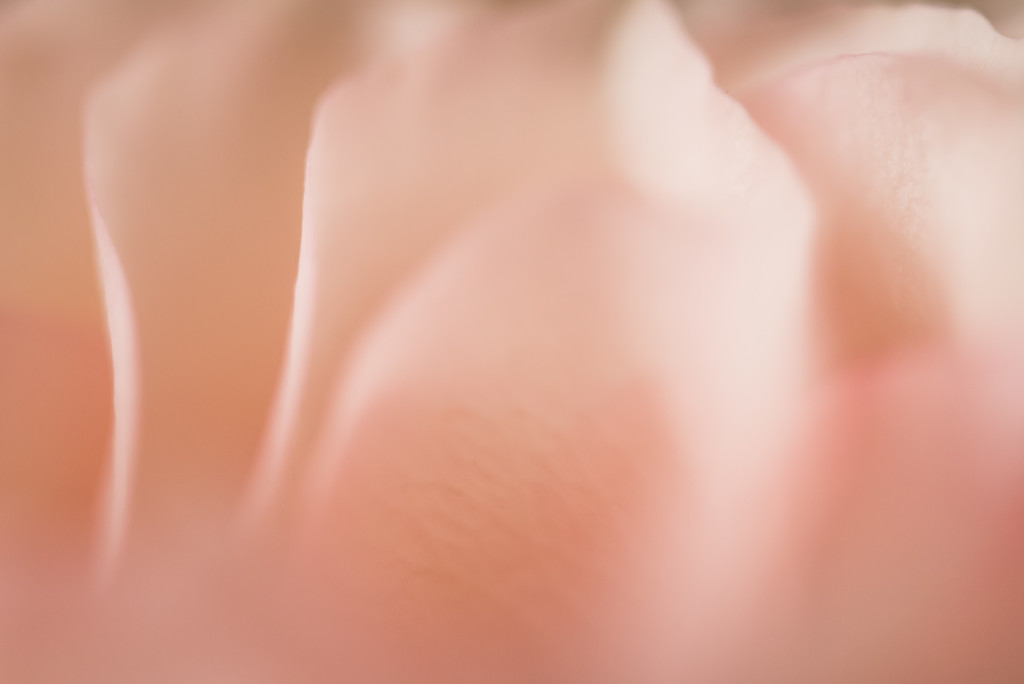One of my favorite little indulgences in life is to purchase a $5-6 bouquet of flowers at Trader Joes. I feel particularly blissful when it is Ranunculus season, but full Roses, pale tulips and delicate Hydrangea is satisfying, as well. My goal when bringing these bouquets home is two fold; I want to both 1- Enjoy the flowers in a vase for a few days and 2- Take 10 minutes for some macro therapy. When I’m shooting these little sessions it is always my goal to create both interesting individual images and a set of images that flows as a whole. Creating variety in macro photography can take a little creativity, but the process can be slow and thoughtful, as your subjects aren’t going anywhere!
Pull Back and Non Traditional Details
I like to either start or end with a pulled back shot of the bouquet as a whole. Sometimes I will shoot all of flowers in a vase and other times I will deconstruct the bouquet and make my pull back shot a little less obvious and expected. Also, I like to try to think of each flower in a non traditional way. What part of the flower is typically ignored? How can I photograph the flower in an angle that it isn’t usually seen from?
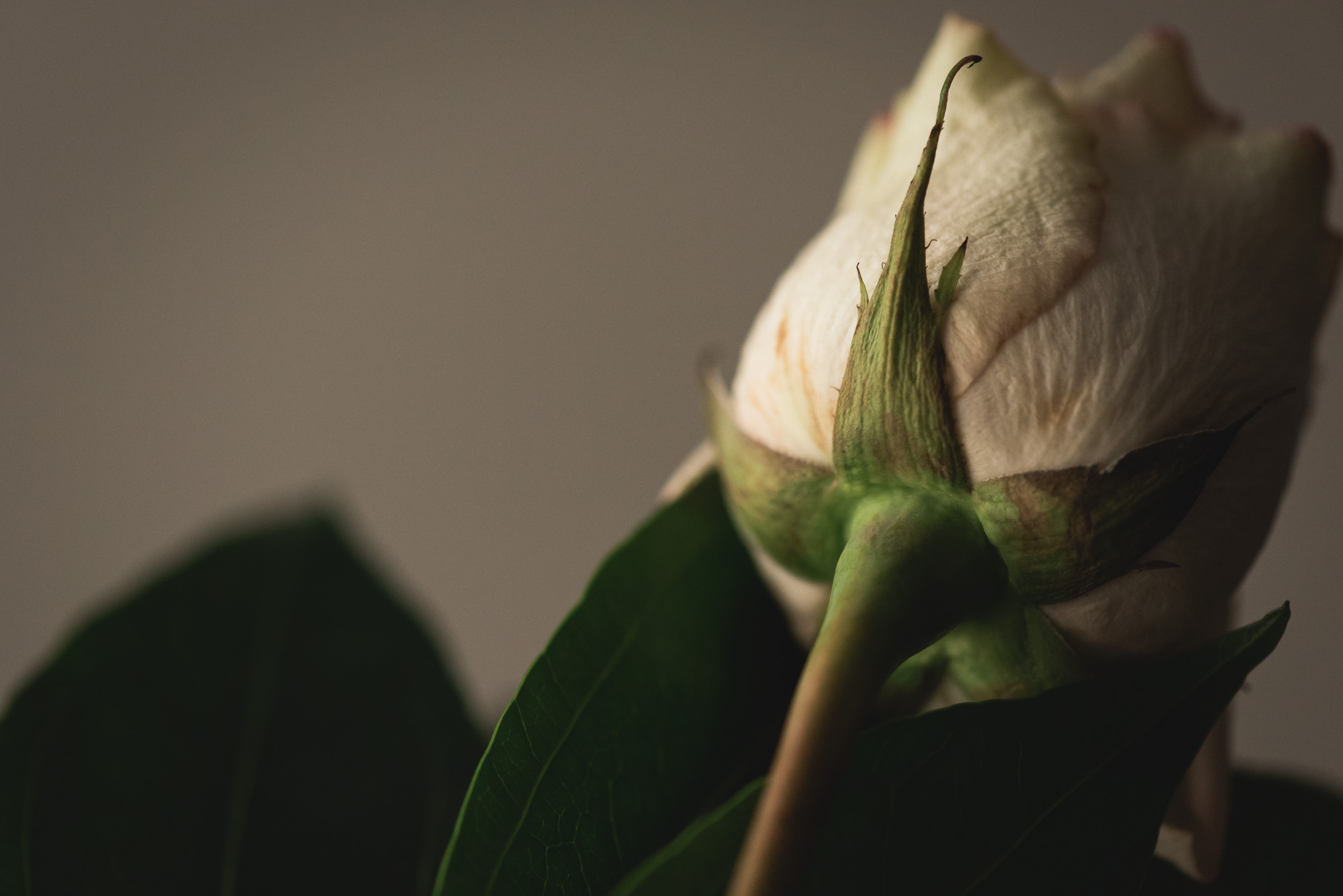
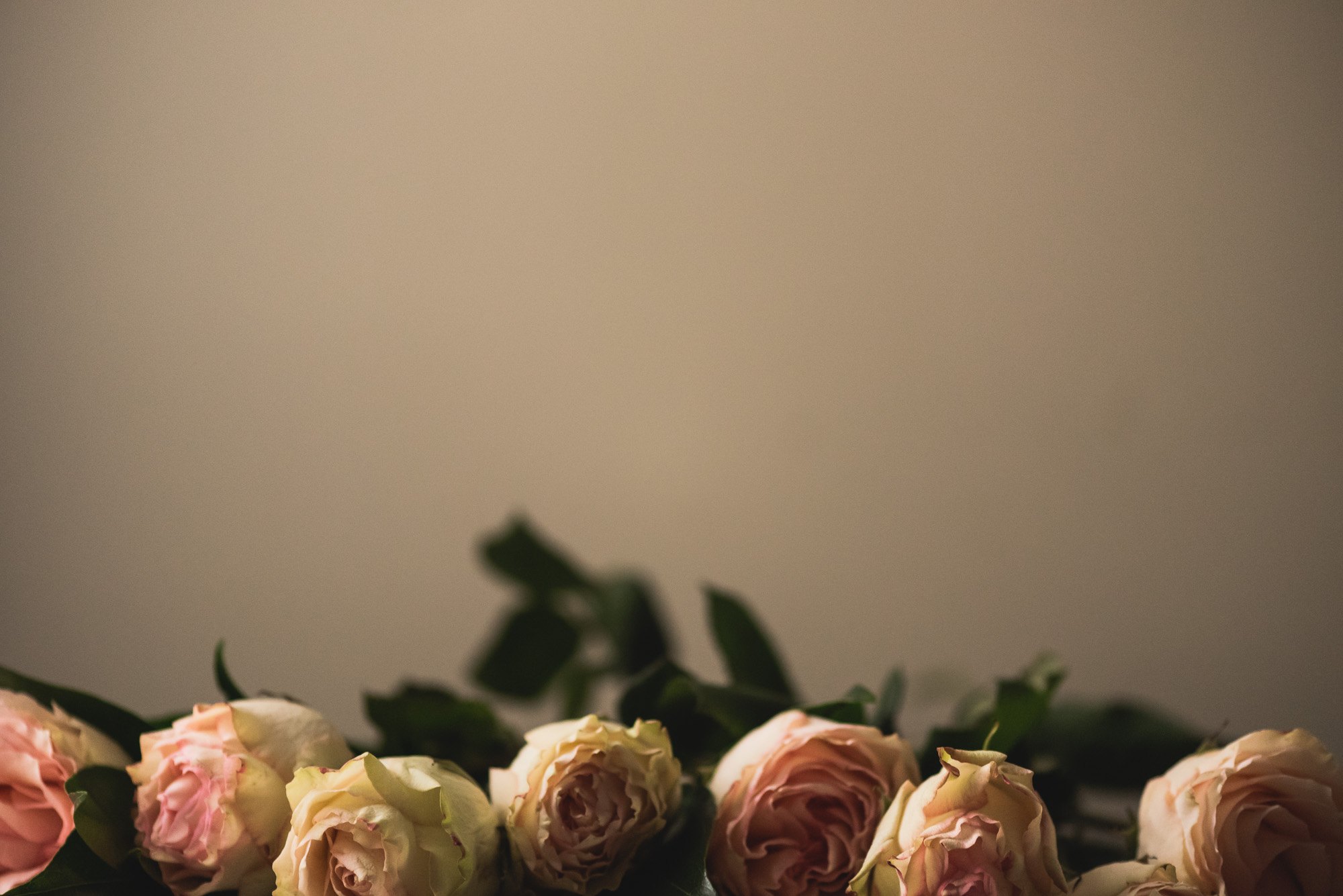
Variety in Macro Photography via Texture
Flowers, in particular, are full of texture, especially when photographed at macro distance. Make the most of that by using directional light to illuminate your macro photography and focusing in on the veins, edges and imperfections in the flowers in front of you.
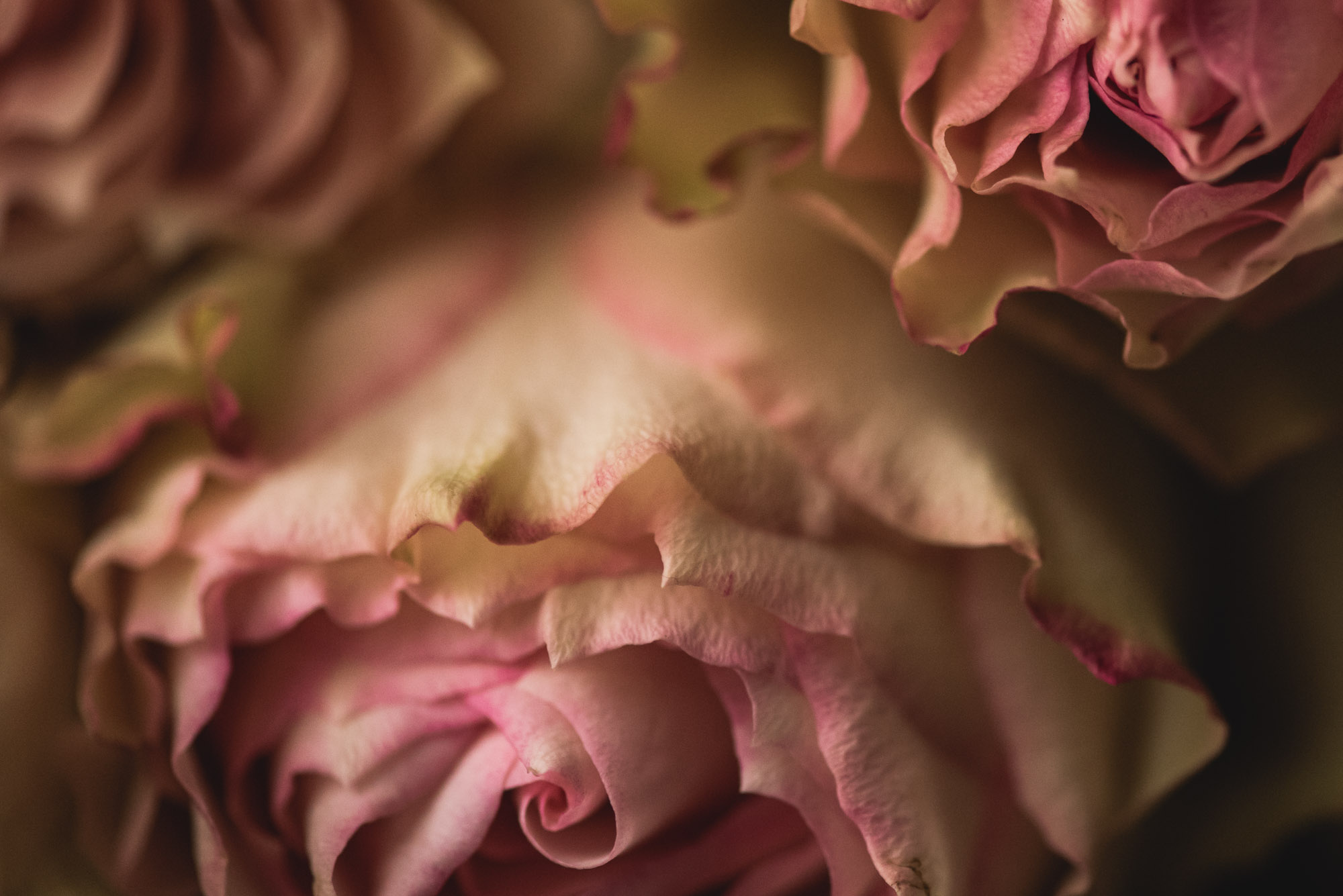
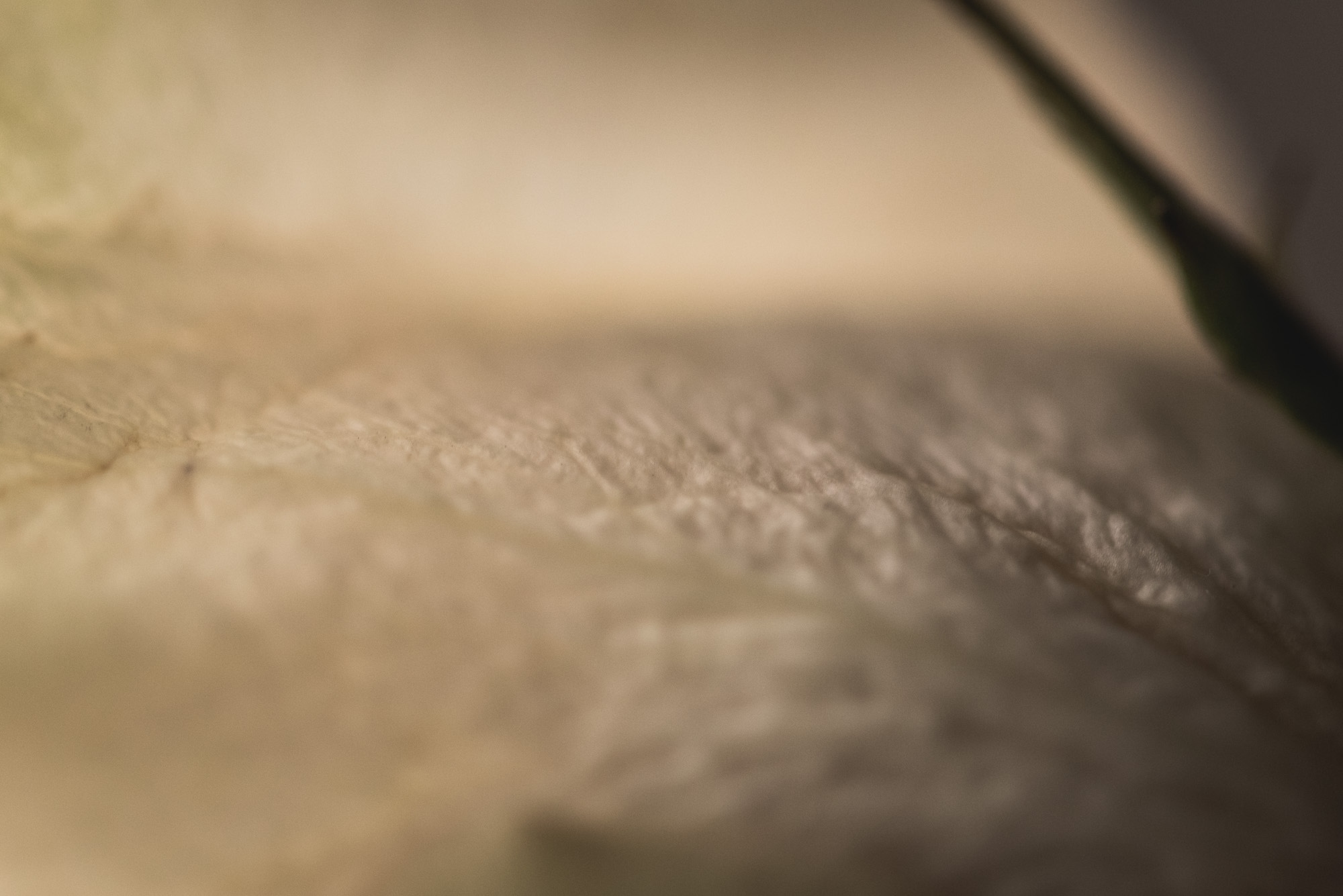
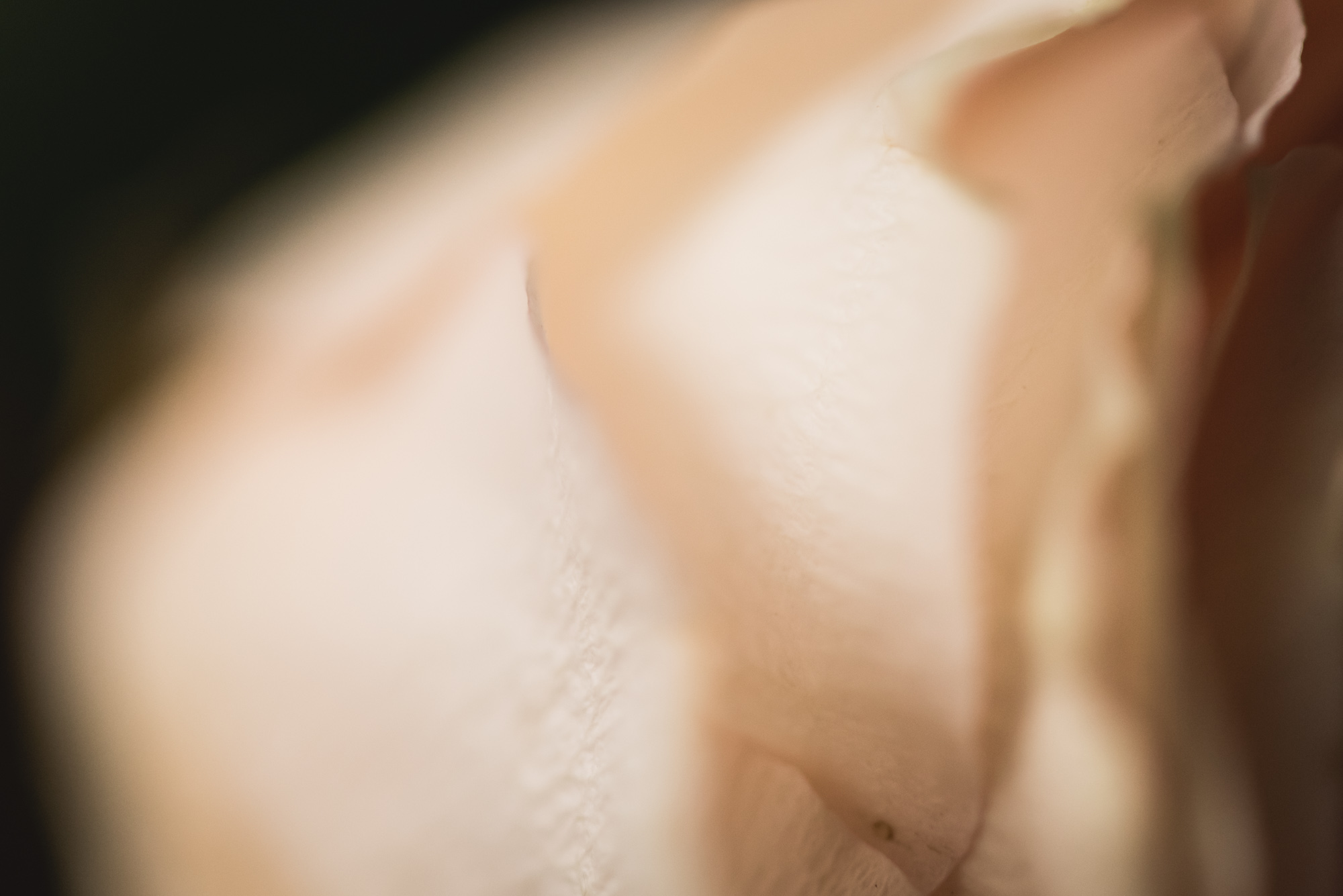
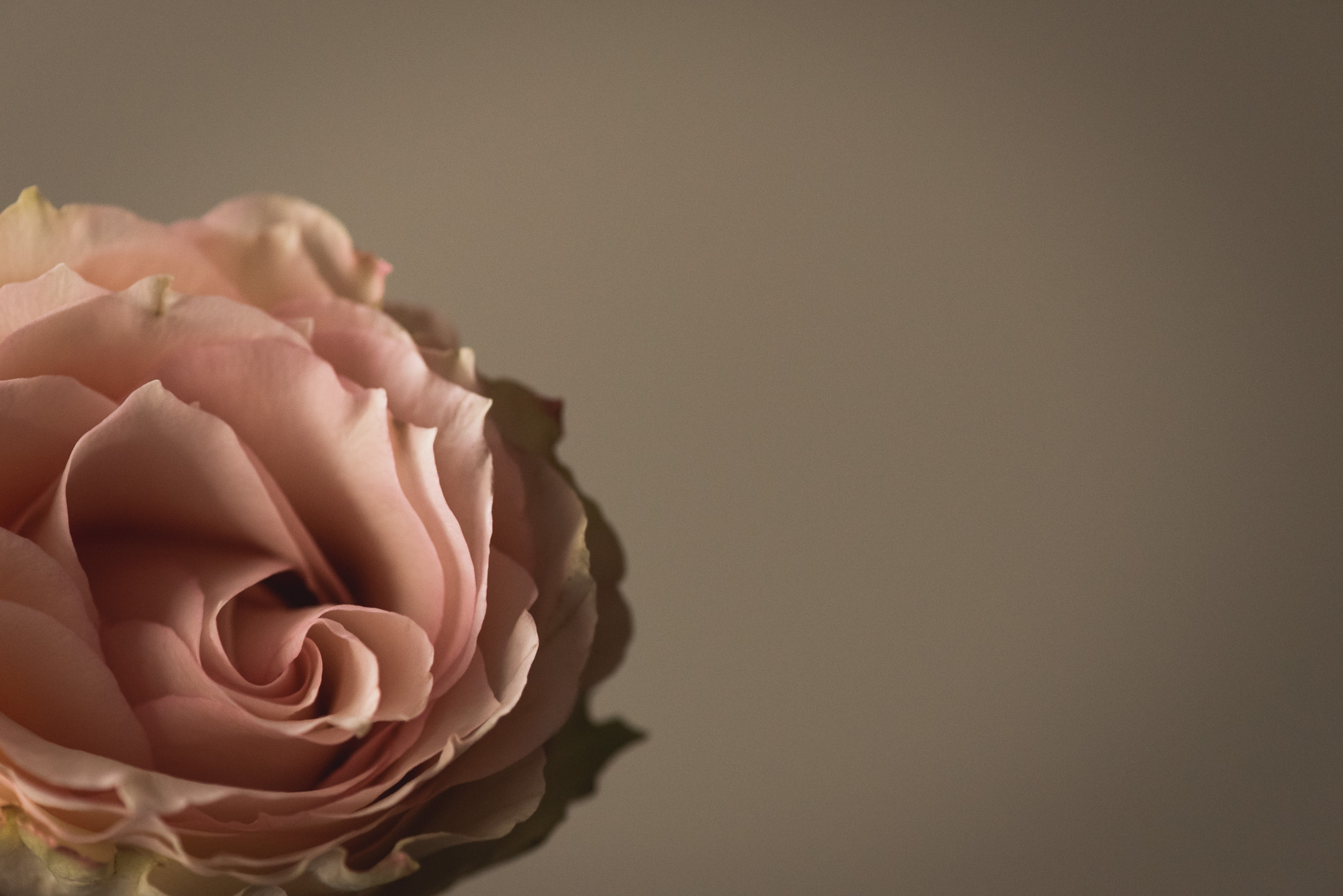
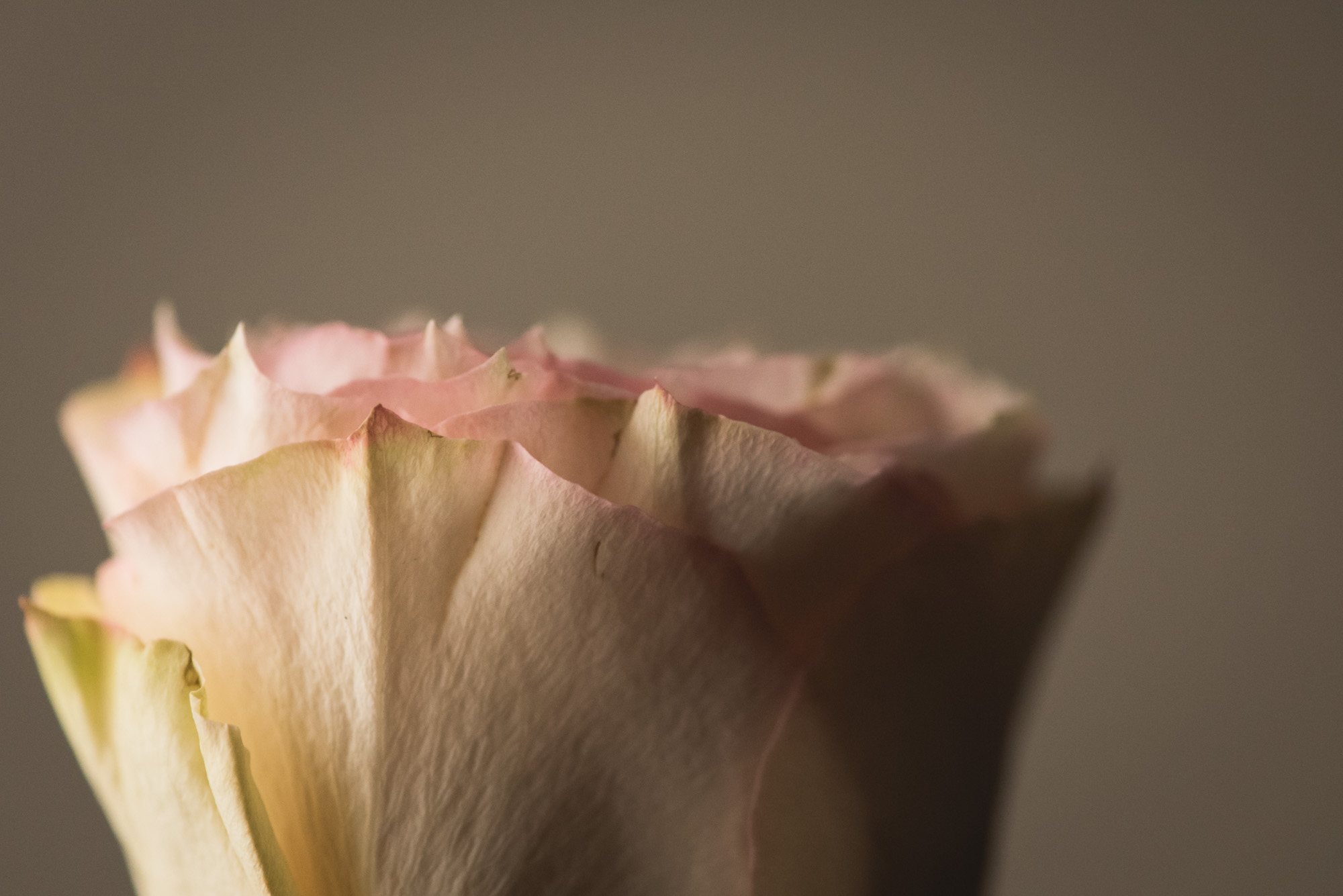
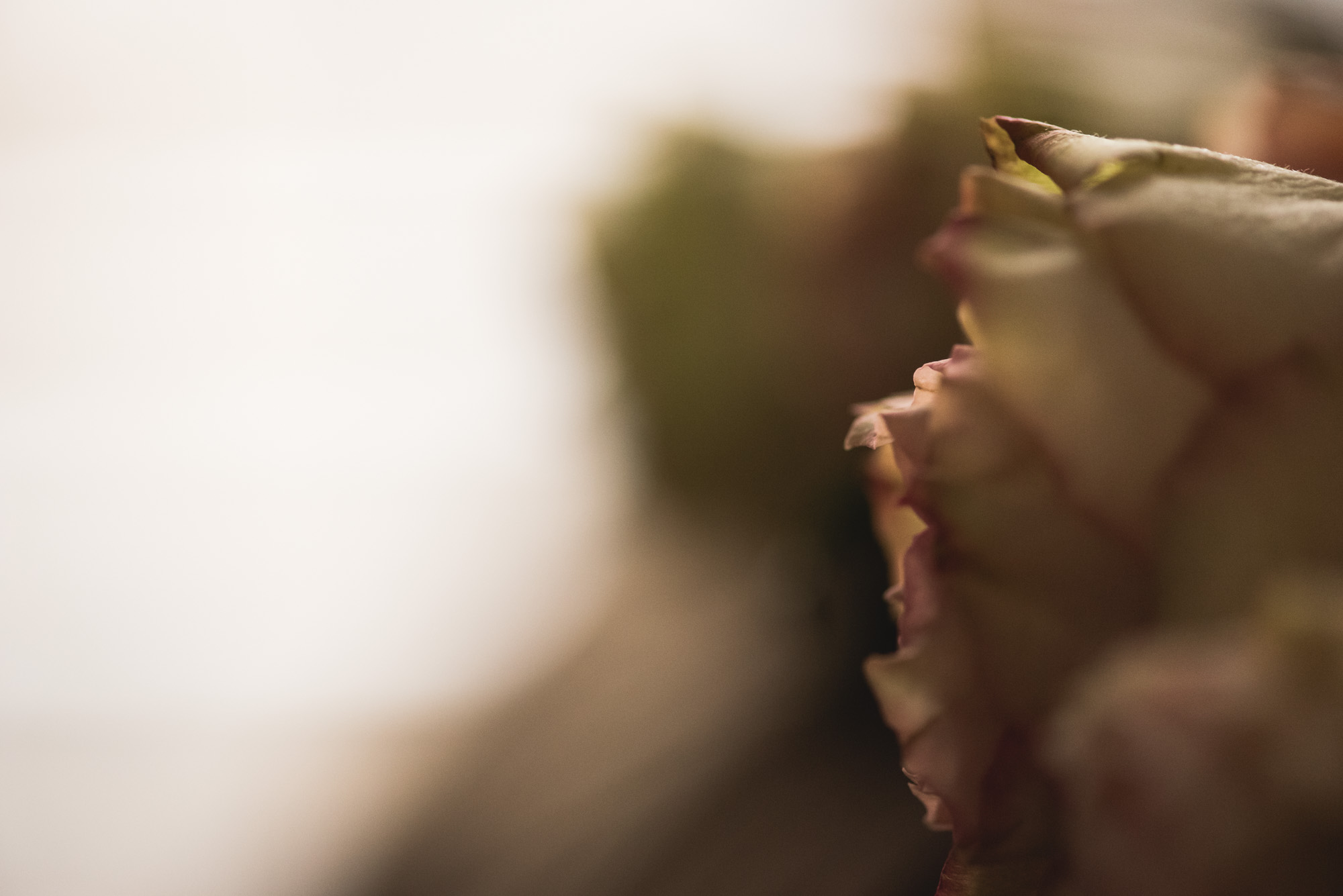
Purposeful Lack of Focus
This technique is my happy place. Purposeful lack of focus is such a wonderful way to create variety in sets of images, in general, but it is particularly useful when looking to create variety in macro photography. Flowers, other plants, shells, snowflakes… almost anything that you would want to photograph with a macro lens has wonderful shape and texture. Although it is often visually surprising enough to simply show the viewer the object at 1:1 magnification, lack of focus takes that slightly off kilter viewer experience a step further. Similar to abstract art, the lines, color and textures of the object you are photographing take on new nuance with lack of focus. The resulting images are often quite emotional and give the viewer room to draw their own inferences about the meaning of the photo.
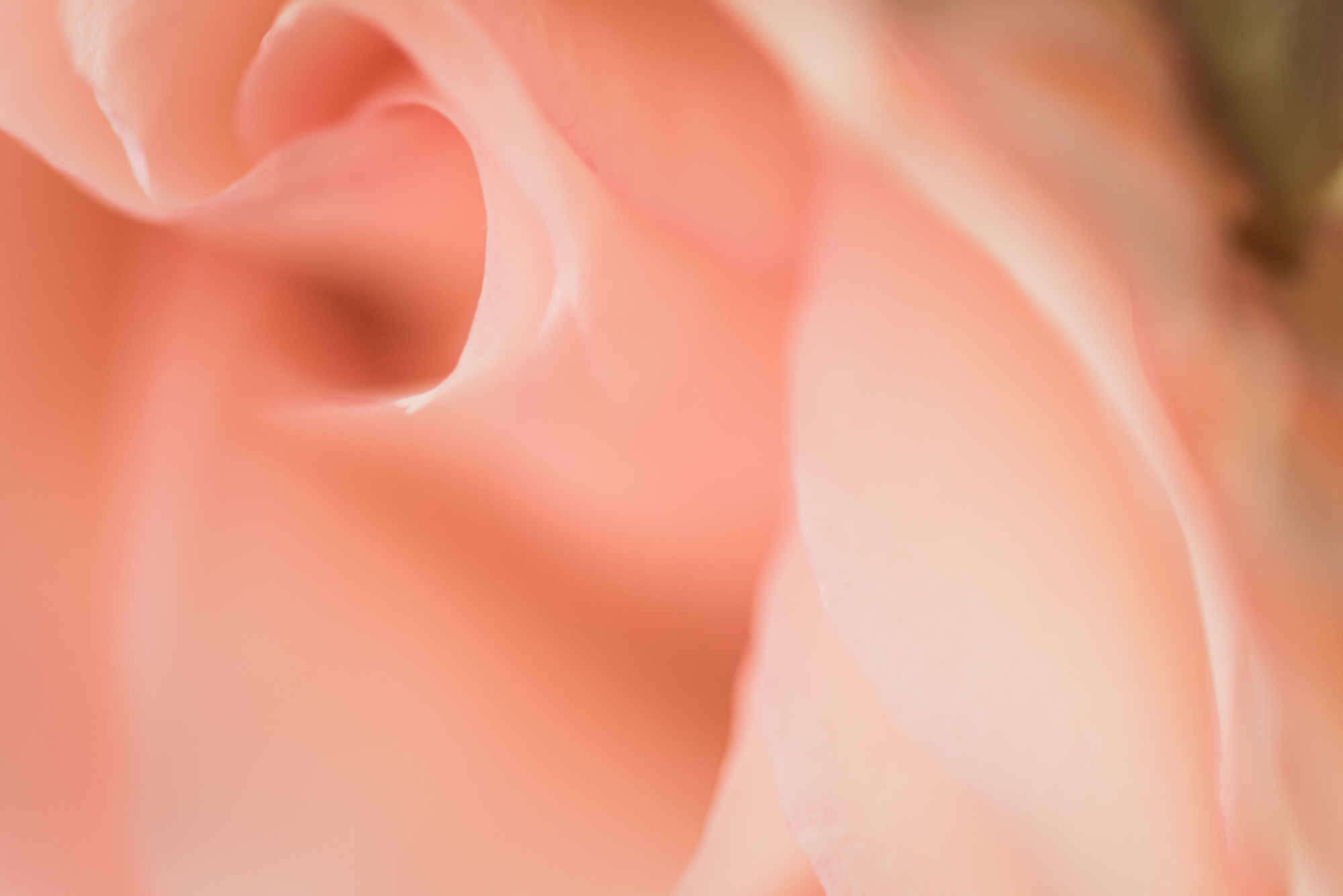
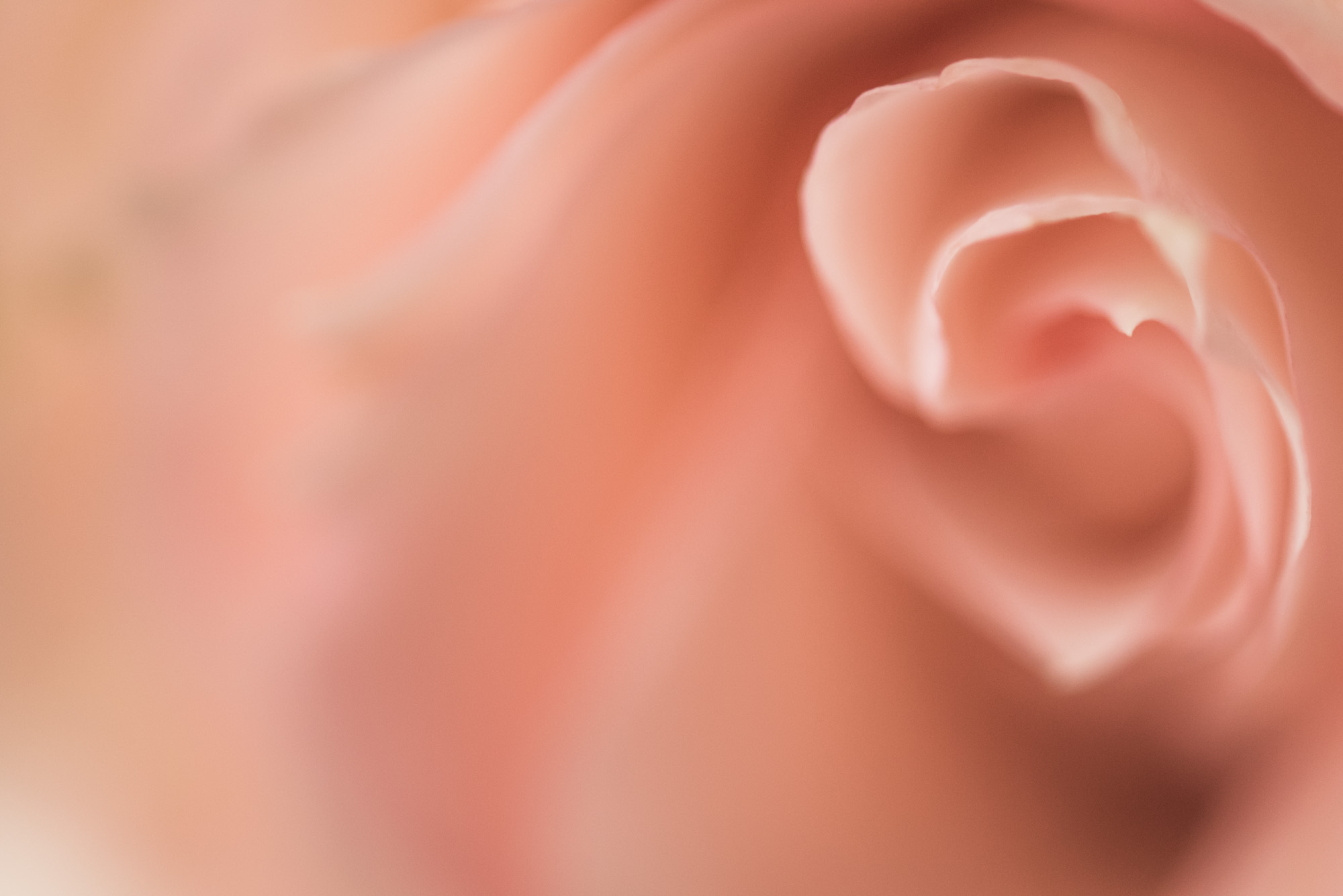
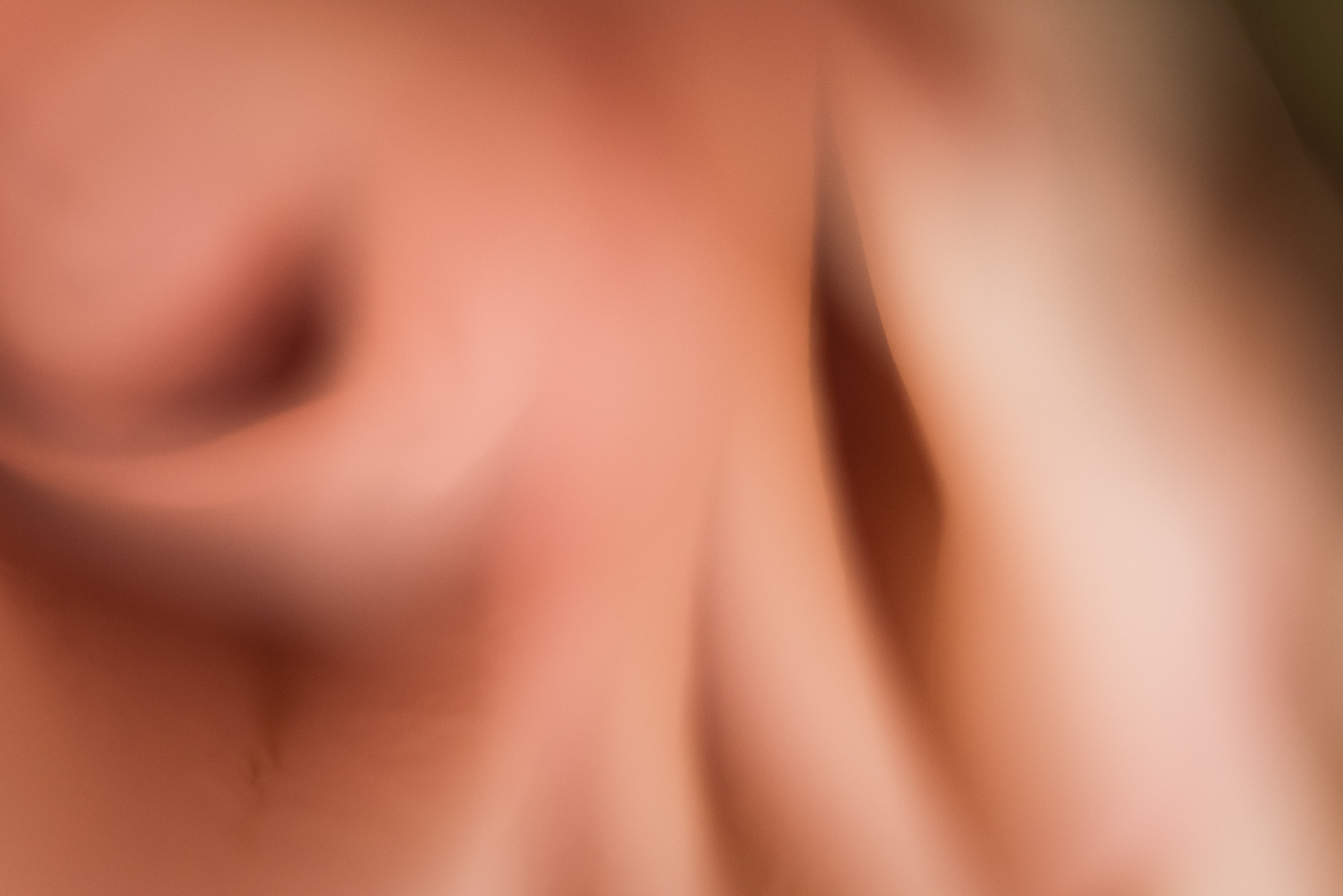
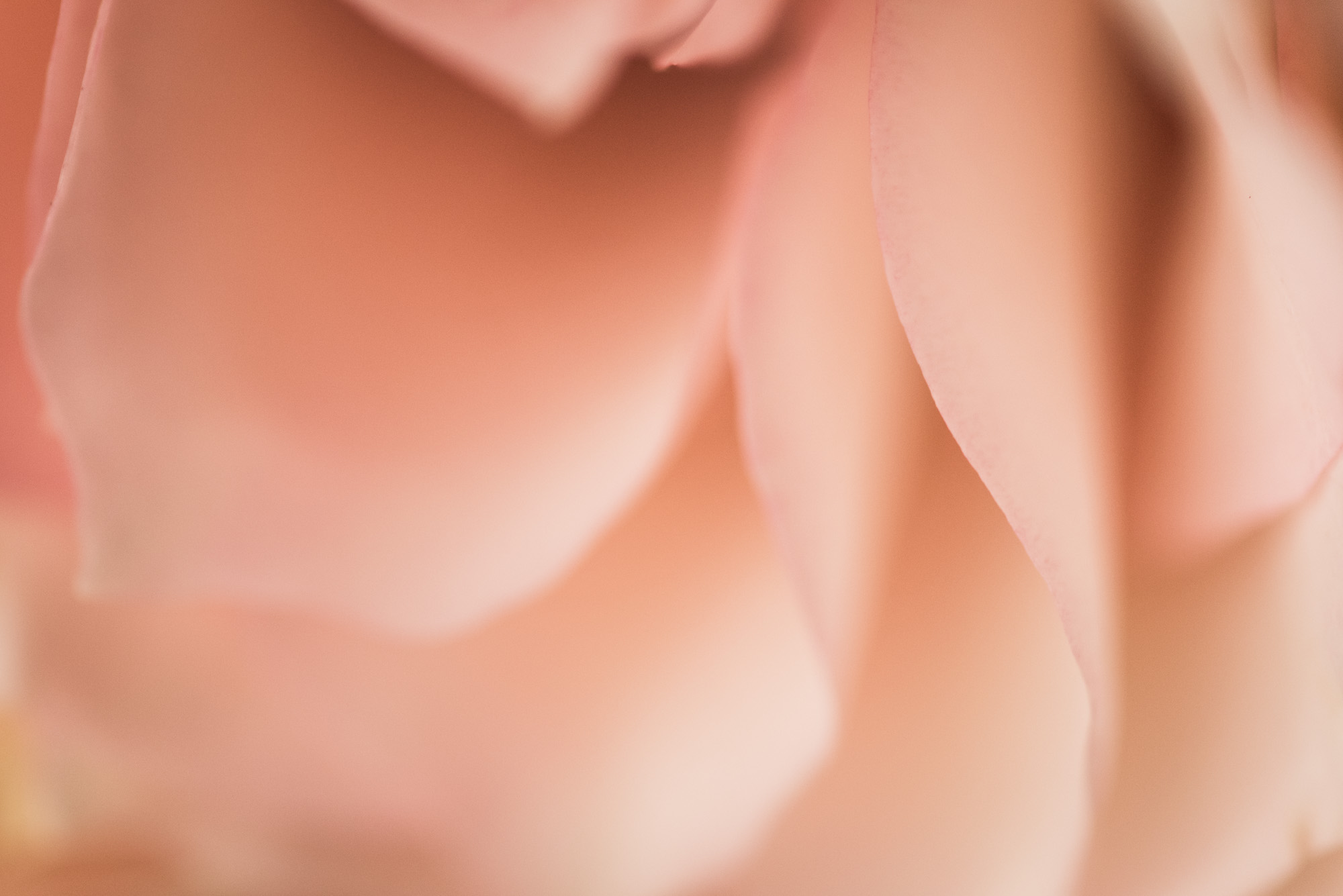
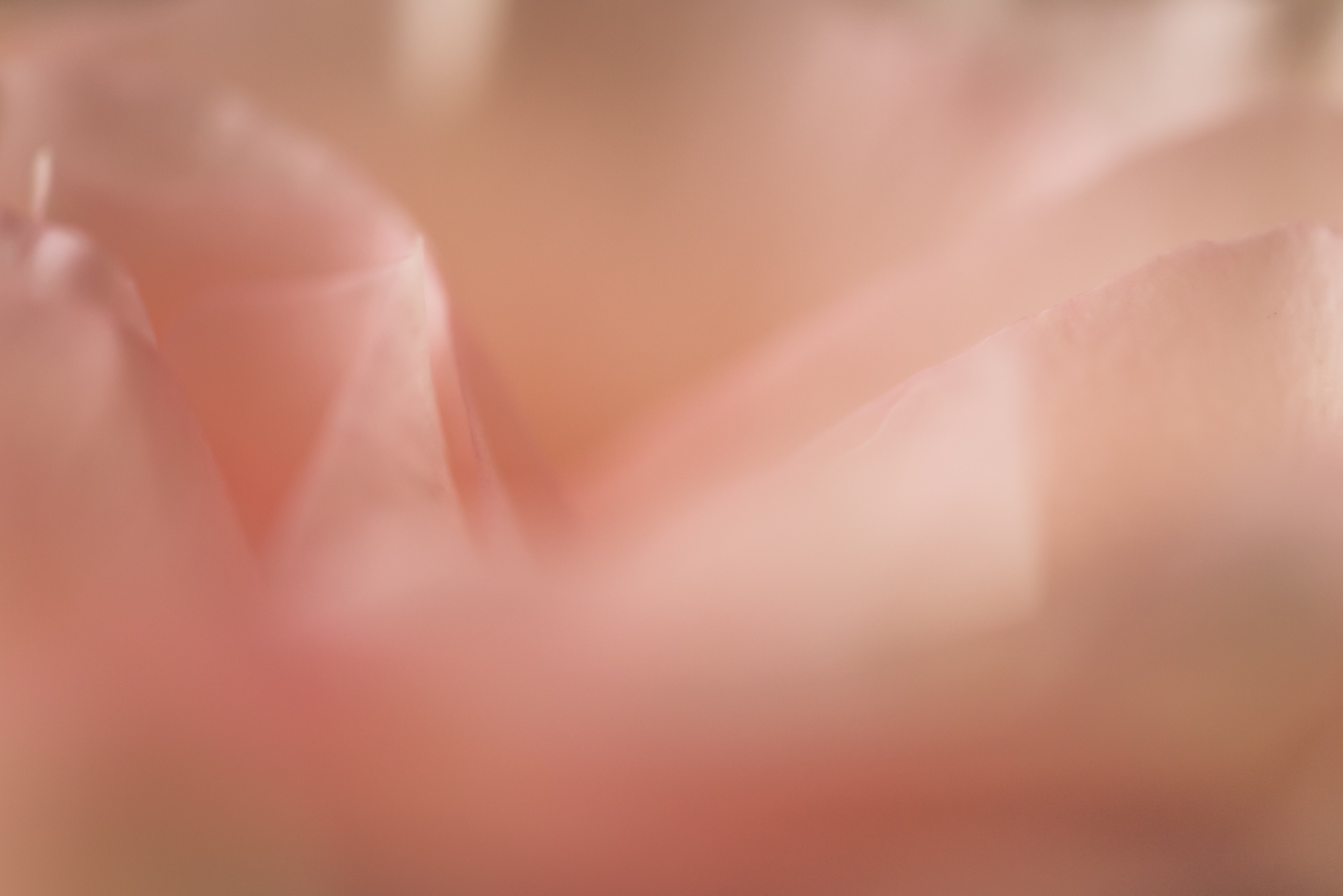
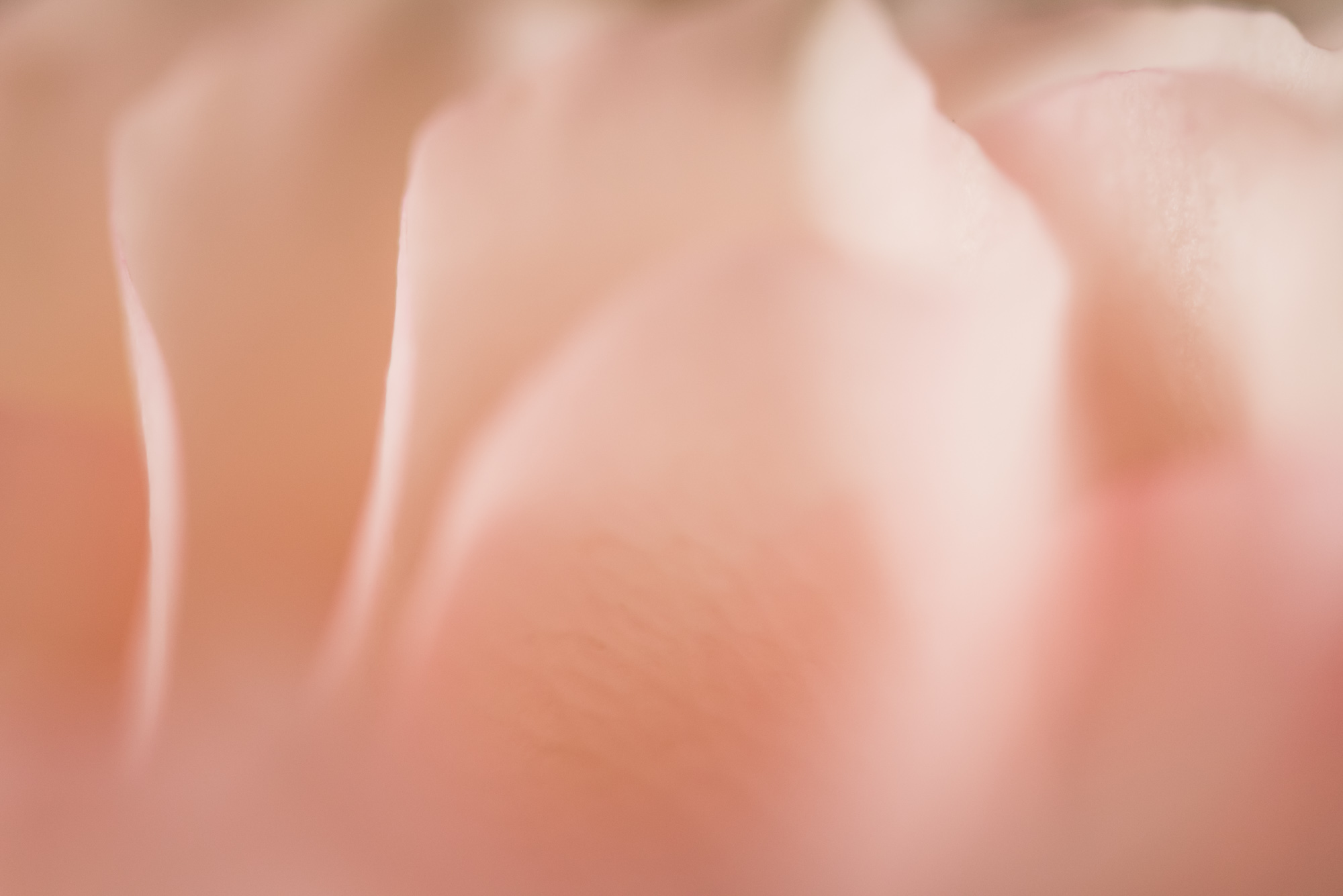
If you’re looking for more photo tips, try this tutorial about one of my favorite photography projects- the 365, and this post on finding inspiration.
What other areas of photography would you like to see me share about? Please let me know in the comments.
-M
Pin It